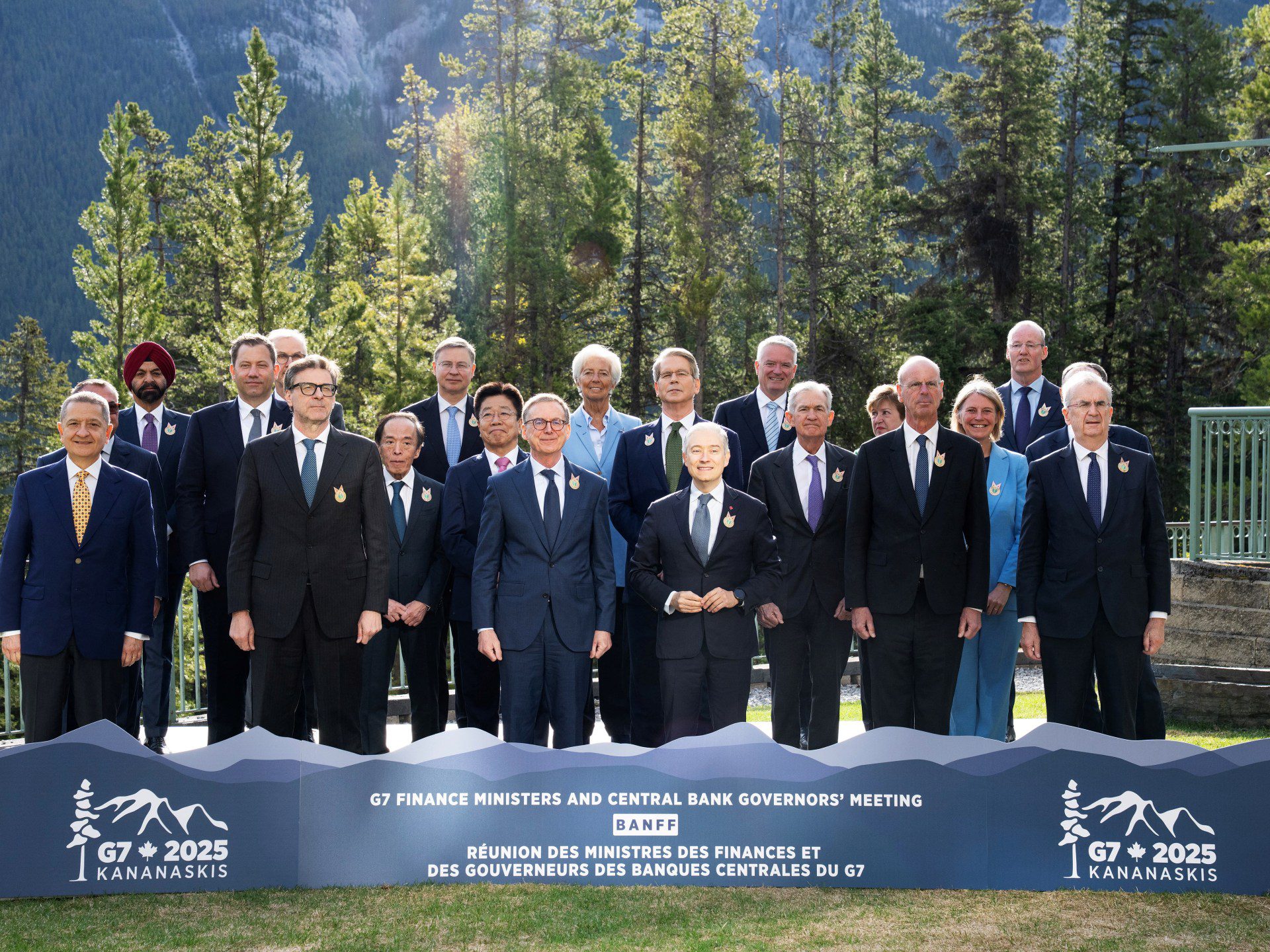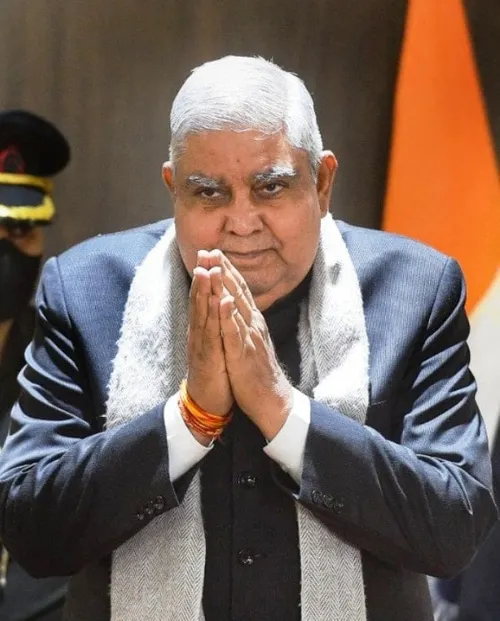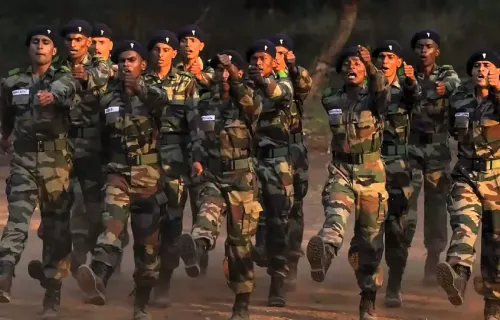Finance officials from the Group of Seven (G7) nations have threatened they could impose further sanctions on Russia should it fail to agree a ceasefire in its war on Ukraine.
Ending their G7 meeting in the Canadian Rocky Mountains, where foreign ministers were also convening this week, the finance chiefs said on Thursday night that if efforts to end Russia’s “continued brutal war” in Ukraine failed, the group would look at how it could push Moscow to step back.
“If such a ceasefire is not agreed, we will continue to explore all possible options, including options to maximise pressure such as further ramping up sanctions,” a final communique following three days of meetings read.
The G7, comprised of Canada, France, Germany, Italy, Japan, the United Kingdom, and the United States, also pledged to work together to ensure that no countries that financed the war would be eligible to benefit from Kyiv’s reconstruction.
Canadian Finance Minister Francois-Philippe Champagne said that point was a “very big statement”, calling it a key pillar.
However, the group shied away from naming countries, including China, which the West has previously accused of supplying weapons to Russia.
The communique added that Russia’s sovereign assets in G7 jurisdictions would continue to be blocked until Moscow ended the war and paid reparations to Ukraine for the damage it caused to the country.
‘Clear signal?’
“I think it sends a very clear signal to the world … that the G7 is united in purpose and in action,” Champagne told the closing news conference.
However, the statement omitted mention of US President Donald Trump’s tariffs that are disrupting global trade and supply chains and swelling economic uncertainty.
Differences were also apparent in the approach to Russia’s war in Ukraine.
Trump has unnerved US allies by sidelining them to launch bilateral ceasefire talks with Moscow, in which US officials have adopted many of the Kremlin’s narratives regarding the conflict.
In the statement, the description of the war was watered down from October’s G7 statement, issued before Trump’s re-election, that called it an “illegal, unjustifiable, and unprovoked war of aggression against Ukraine”.

Tariffs
According to European Commission executive vice president, Valdis Dombrovskis, the ministers discussed a proposal to lower the $60-a-barrel price cap to $50 on Russian oil exports since Russian crude was selling below that level.
However, the official G7 communique did not present the plan as the US was “not convinced” about lowering the price cap, an unnamed European official told the Reuters news agency.
Hours before the G7 meeting, the European Parliament also greenlit tariffs on Russian fertiliser imports.
According to the European Union bill, duties will be enforced from July 1 and gradually increase over three years, from 6.5 percent to about 100 percent, halting trade.
‘Yet to be agreed’
As international entities continue to place sanctions on Russia for invading Ukraine, diplomatic efforts to end the war have increased after the two sides held their first face-to-face meeting last week.
However, Moscow appears set to continue to stall, as it has been doing since the US launched its push to broker a truce.
The Kremlin said on Thursday that new talks were “yet to be agreed” after reports that the Vatican was ready to host a future meeting to discuss a ceasefire.
Still, Russia and Ukraine are trading attacks.
On Friday morning, Russia’s Ministry of Defence said its air defence systems had downed 112 Ukrainian drones overnight, including 24 over the Moscow region.
A day earlier, Russia said it had fired an Iskander-M missile at part of the city of Pokrov in Ukraine’s Dnipropetrovsk region.
Anurag Dhole is a seasoned journalist and content writer with a passion for delivering timely, accurate, and engaging stories. With over 8 years of experience in digital media, she covers a wide range of topics—from breaking news and politics to business insights and cultural trends. Jane's writing style blends clarity with depth, aiming to inform and inspire readers in a fast-paced media landscape. When she’s not chasing stories, she’s likely reading investigative features or exploring local cafés for her next writing spot.






